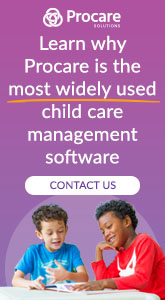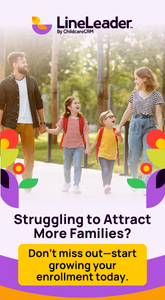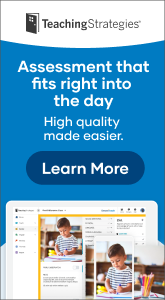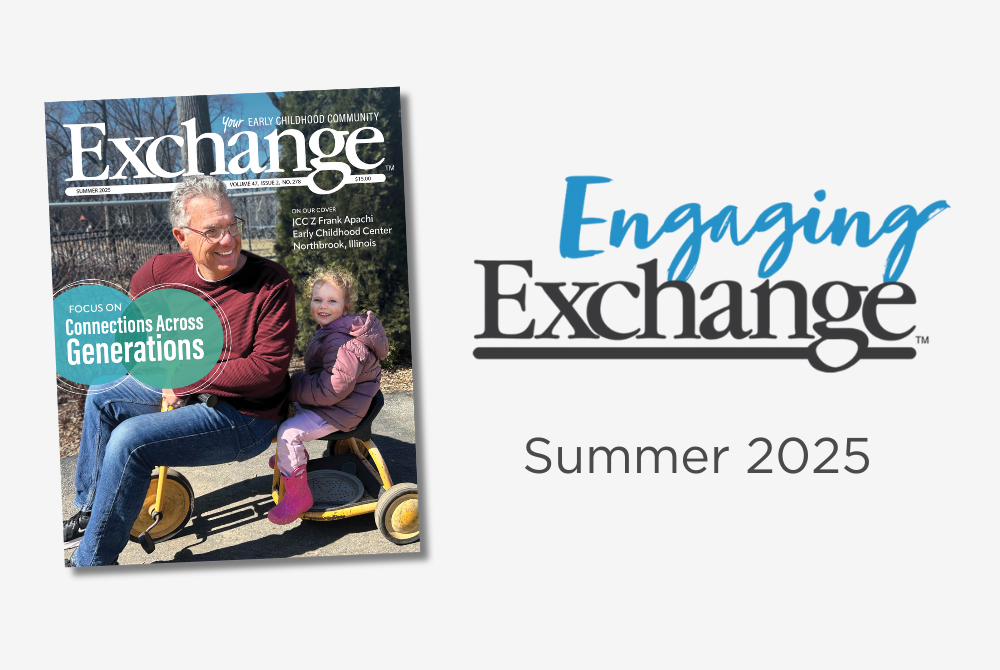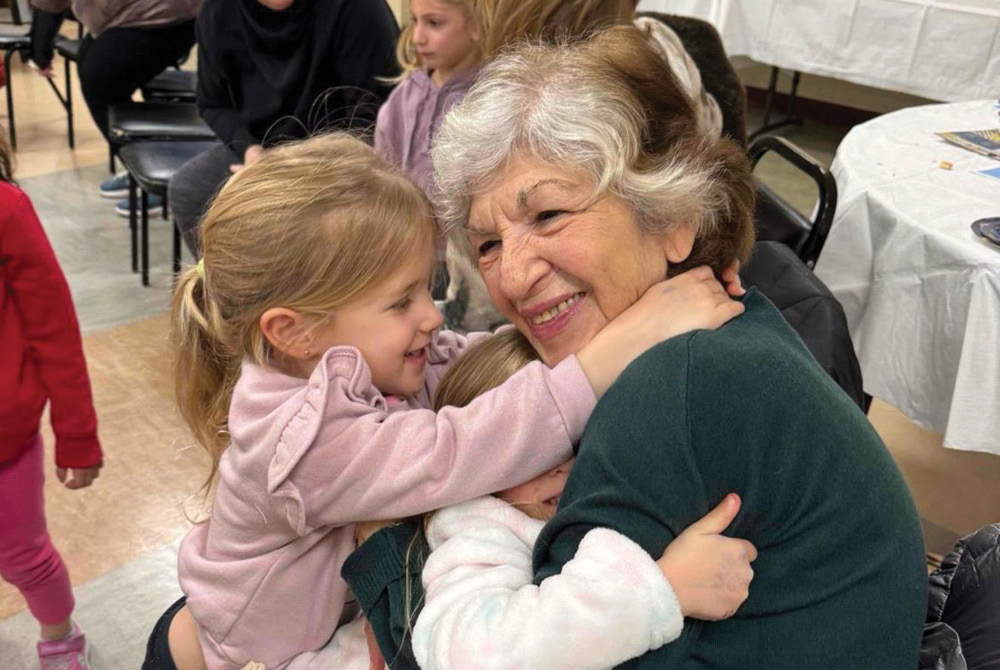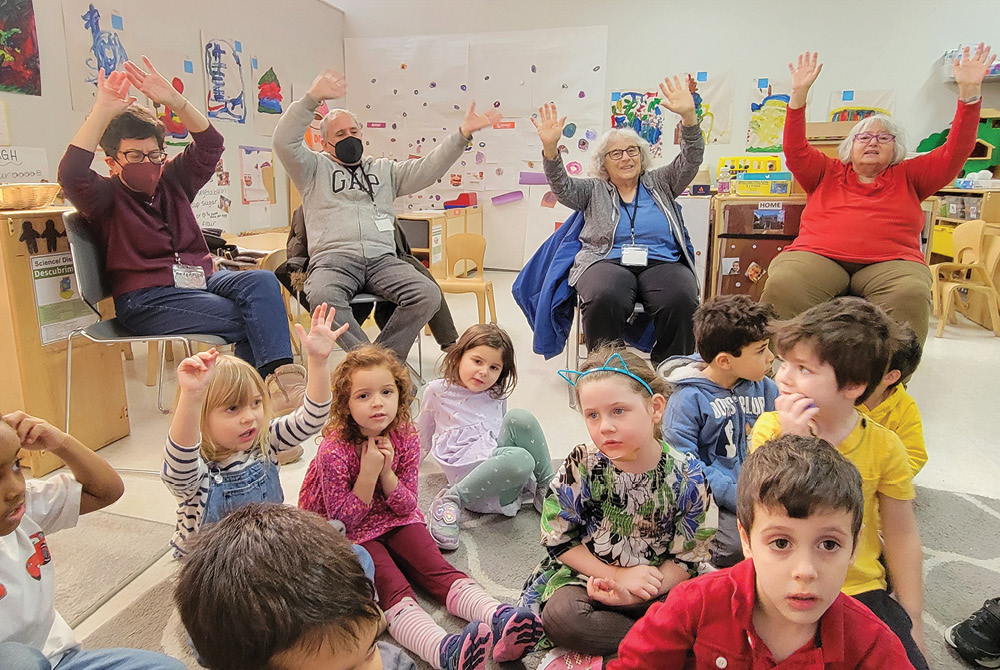July 4, 2025
Educating for a More Peaceful World
The democracy we practice in early childhood classrooms does not look the same as the democracy we think of when we celebrate the Fourth of July or cast a vote. As children progress through school, they will learn facts and concepts related to government and history. In early childhood, however, the questions asked, the possibilities considered and thinking together are the most important part of learning democracy. It is a sharing of power in the name of living together with respect.
– Meredith Dodd
Ashley Torres, from The Revolutionary Love Project, asks, “What if instead of surrendering to despair, we uplifted stories of courage, connection and humanity?
“What if we refused to concede love?
“Take a moment to truly reimagine that world—a world where dignity and belonging are not just hopes and dreams but lived realities.”
Educators who have been discussing how to educate for a more peaceful world have found it helpful to use the Exchange Reflections, “Spirit and Spiritual Development.”
In her article that is the foundation for the Reflections, Amanda Dress explains, “Leanne Hadley, whose work supports children in crisis, uses this definition when she is working with children: ‘Spirit is the thing within us that makes us us. Spirituality is the way we connect our ‘inner us’ to everything else, including other people’s inner ‘usness.'”
The definition shared here of “spirituality,” is not an overtly religious one, but one of connection with that which is deeply important. Loving connections with our own uniqueness and respect and appreciation for others’ uniqueness is a key component of a more peaceful world.
Share with the hashtag #ExchangeEveryDay
Print Friendly
Related
By Debbie LeeKeenan, Sharon Goldman, Kimberlee Hendricks and Nancy Rosenow







